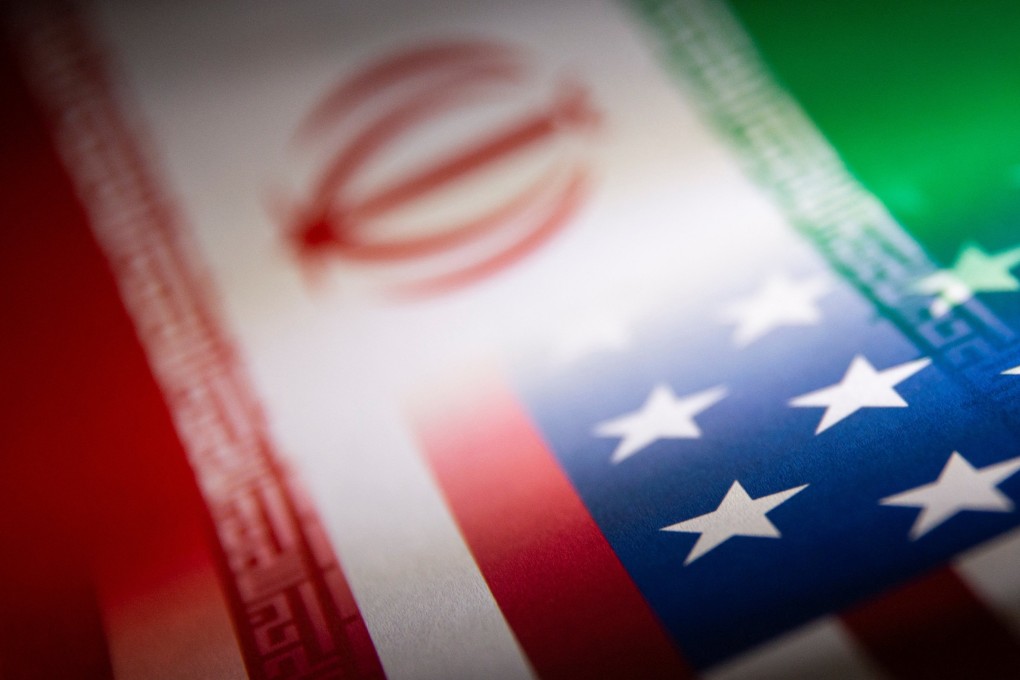China calls on US to lift Iran sanctions to revive nuclear talks
- UN Security Council meeting told that Washington was responsible for the deadlock and should ‘recognise its responsibility’
- The deal collapsed when Donald Trump walked away from it, and efforts by the current White House to restore it have stalled amid heightened tensions with Tehran

“All parties should look at the long-term and overall situation and avoid any move that could escalate the situation and undermine the negotiation process,” Geng said, according to China News Service.
Geng said the US decision in 2018 to pull out of the deal, under which Iran agreed to curb its nuclear programme in return for relief from economic sanctions, had led to the current deadlock.
Although President Joe Biden has said the US wants to revive the deal, which his predecessor Donald Trump walked away from, talks to restore the accord, known as Joint Comprehensive Plan of Action, have been stalled since August, with Iran and the US blaming each other for the impasse.
“As the creator of the Iranian nuclear crisis, the US should recognise its responsibility and take the lead in taking practical measures,” Geng said.